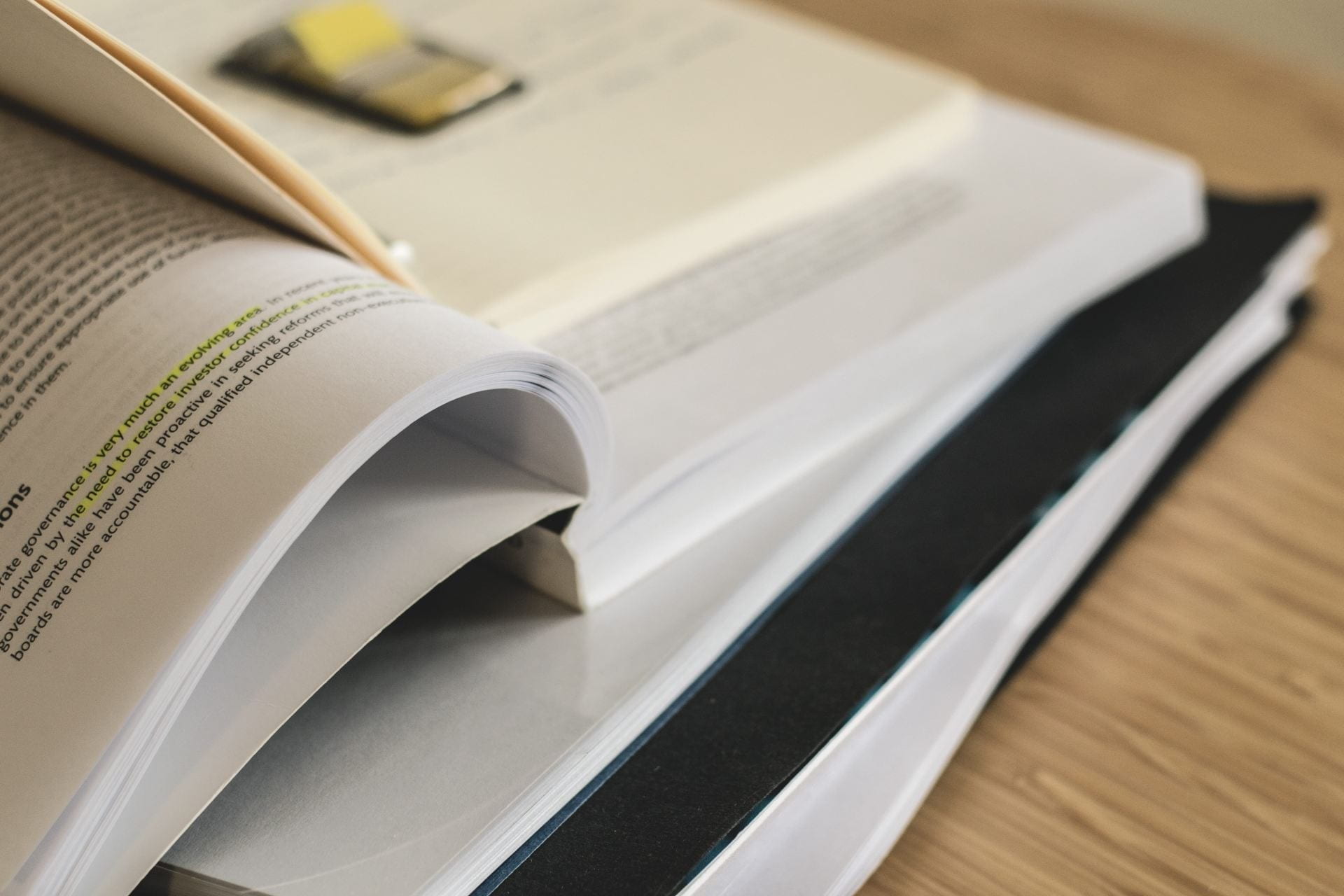
Being at University, one thing you will undoubtedly need is books…and sometimes lots of them. Depending on your course, you might only need one key textbook or several. As an English student, I know the sinking feeling when you get the reading list and realise you’ll need to be shelling out at least £100.
The price tag can be eye-watering, but there are a few tips to help save you some money.
Facebook can be your saving grace. Usually, each course will have a page and people from various years sometimes will advertise that they’re selling books that they don’t need anymore. The good news is that they will most likely be selling them at a much more discounted rate than you may find anywhere else.
There are also multiple Facebook pages for the University community in general, where many people across different subjects will attempt to sell on their previous years’ books.
Again, depending on your subject, your course tutors may organise a book sale. On the English course, there is an annual book sale that takes place in the library near the start of term where students can buy and sell the books that are needed.
The benefits of this include the fact that you can try and make some money back on the books you’ve bought, and you have a chance to buy subject-specific books at a much cheaper price. This is especially helpful for English students as the reading lists for each year tend to be fairly extensive.
The key to saving money is to go for second-hand books. Most textbooks will be available online through Amazon and similar sites, where you have the option to search for specifically used copies. This means that textbooks costing £50 can be found for £20 and it can dramatically reduce the amount you have to spend to acquire the learning materials you need for university.
Depending on the type of books you need you could also have a nosy around some charity shops, where you can find what you need at a good price and simultaneously help a good cause.
Another tip regarding reading lists is to not buy all the books straight away. Usually, reading lists come out over the summer period, but it’s a good idea to wait until Uni starts before you buy anything. There’s always the possibility to that the required reading may change, and it’s good to be able to talk to tutors and fellow students about which books are compulsory and which are simply optional.
It also provides you with a better chance of finding out whether the University will be doing something to help you buy the books at a cheaper rate, such as through a subject book sale or even offers through the University bookshop.
Once you’ve managed to get all your books without burning a hole in your back pocket, it’s time for some happy reading!
This article is featured on Learning at Lincoln.
- Topics
- Budgeting
- Learning at Lincoln


